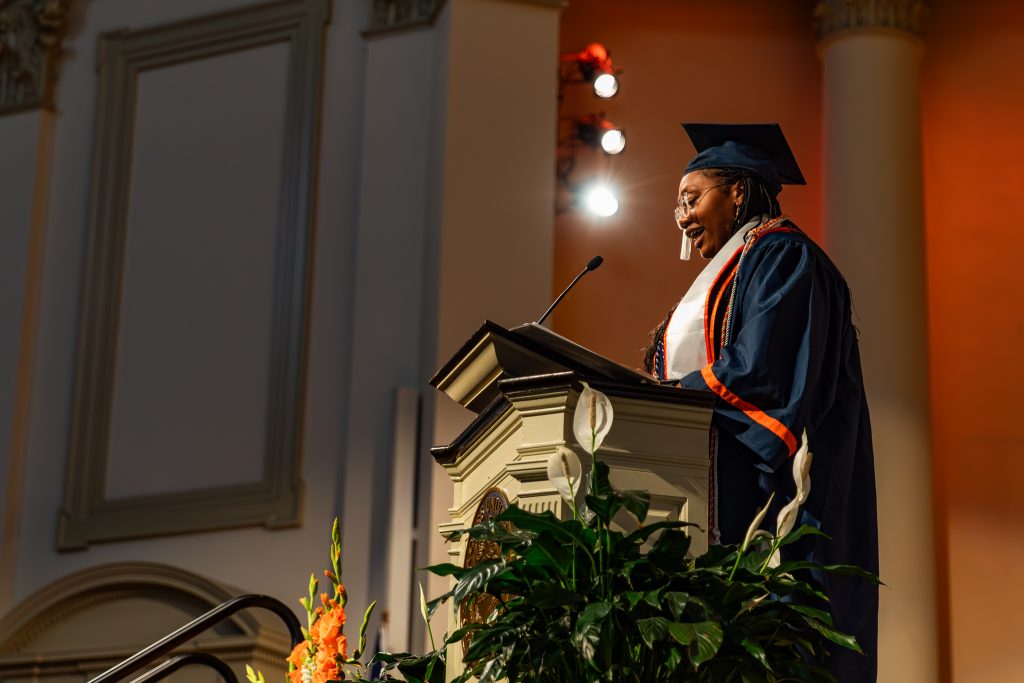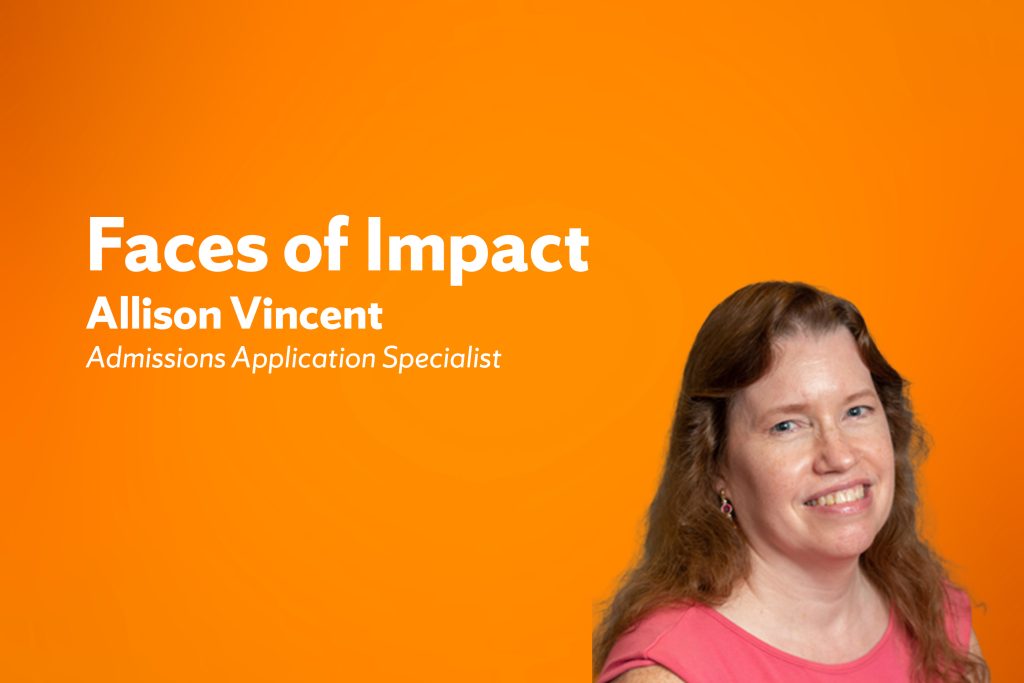For many adults, the dream of earning a college degree doesn’t disappear, it just gets pushed behind work schedules, family responsibilities, and financial pressures. The challenge isn’t motivation; it’s bandwidth. That’s why Syracuse University’s Higher Education Opportunity Program (HEOP) for part‑time students has become vital for New Yorkers who want to advance their education without putting their lives on hold.
This program is unique as it’s the only part-time HEOP option in New York State, and it’s designed specifically for students who need flexibility, support, and a pathway that fits real life.

Why Adult Learners Need a Different Kind of Support
Traditional college pathways assume students can attend full‑time, live on campus, and dedicate most of their hours to school. But for adult learners, that model rarely works. Many HEOP students are:
- Working full‑time or part‑time
- Raising children
- Caring for aging parents
- Changing careers or starting fresh
Balancing these responsibilities while pursuing a degree requires more than determination, it requires a system built to support them.
How HEOP Removes Barriers for Part‑Time Students
Syracuse University’s part-time HEOP program is structured to eliminate the obstacles that typically prevent adults from returning to school.
1. Financial Support That Reduces Stress
HEOP covers essential educational costs, which may include:
- Tuition
- Fees
- Books and course materials
- Parking
- Childcare assistance (when applicable)
For many adult learners, these costs are the biggest barrier. HEOP helps remove that burden so students can focus on learning, not worrying about how to pay for it.
2. Academic Support Designed for Busy Adults
Returning to school after years, or even decades, can feel intimidating. HEOP provides:
- One-on-one academic advising
- Tutoring in writing, math, and subject specific areas
- Workshops to build study skills and confidence
- Personalized guidance to help students stay on track
This support is especially valuable for students who may have struggled academically in the past or who are balancing coursework with demanding schedules.
3. Flexible Part-Time Pathways
The College of Professional Studies at Syracuse University specializes in serving non-traditional students. That means:
- Evening, daytime, and online course options
- Programs built for working adults
- Advisors who understand the realities of adult life
HEOP students can progress at a pace that fits their responsibilities while still moving steadily toward a degree.
Real‑Life Impact: What Balancing Work, Family, and College Looks Like
Many HEOP students share similar stories: they wanted to go to college earlier in life, but circumstances got in the way. Now, with families to support and bills to pay, they need a program that understands their world.
HEOP makes it possible for students to:
- Work during the day and take classes at night
- Study while raising children
- Build new career opportunities without sacrificing income
- Gain confidence and academic skills they never thought they’d have
The program doesn’t just open doors, it helps students walk through them with support at every step.
Who is eligible for HEOP?
Low-income New York State residents who have a high school diploma (4-year average between 70 and 84.5) or GED but have never been to college may be eligible for HEOP. Even if you didn’t do well in school in the past, you may discover that you have what it takes to go to college.
College students enrolled in an HEOP or EOP program at another college may be eligible to transfer into the Syracuse University part-time HEOP program.
Learn more about HEOP Eligibility and Economic Guidelines here.
Why HEOP Matters Now More Than Ever
In today’s economy, education is one of the most powerful tools for career mobility. But for adults with families and full-time jobs, traditional college pathways simply aren’t realistic.
HEOP bridges that gap by offering:
- Access
- Flexibility
- Financial relief
- Academic support
HEOP isn’t just a program, it’s a pathway to a better future.
Balancing work, family, and college is no small feat. But with the right support system, it’s absolutely possible. Syracuse University’s part-time HEOP program proves that higher education doesn’t have to be out of reach for adults with big responsibilities and even bigger goals.


